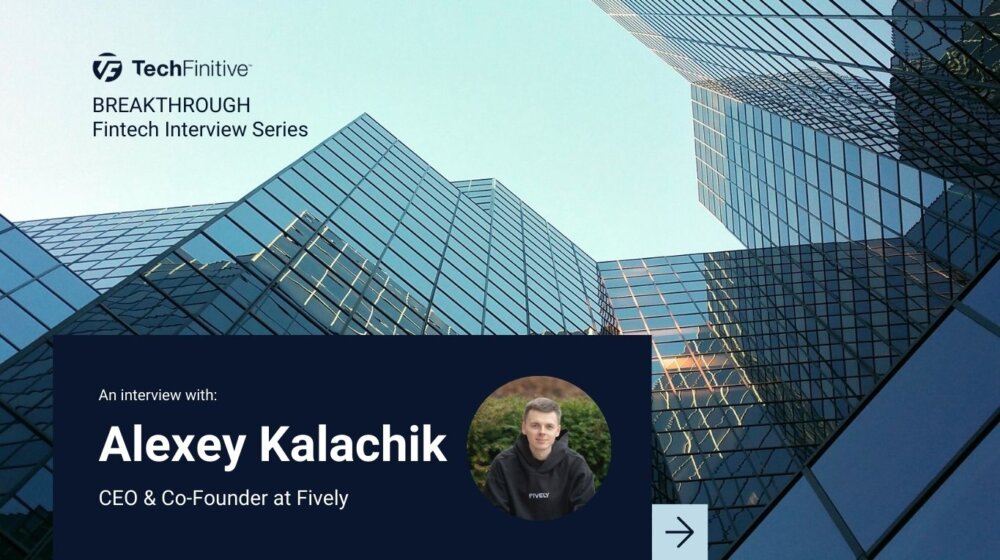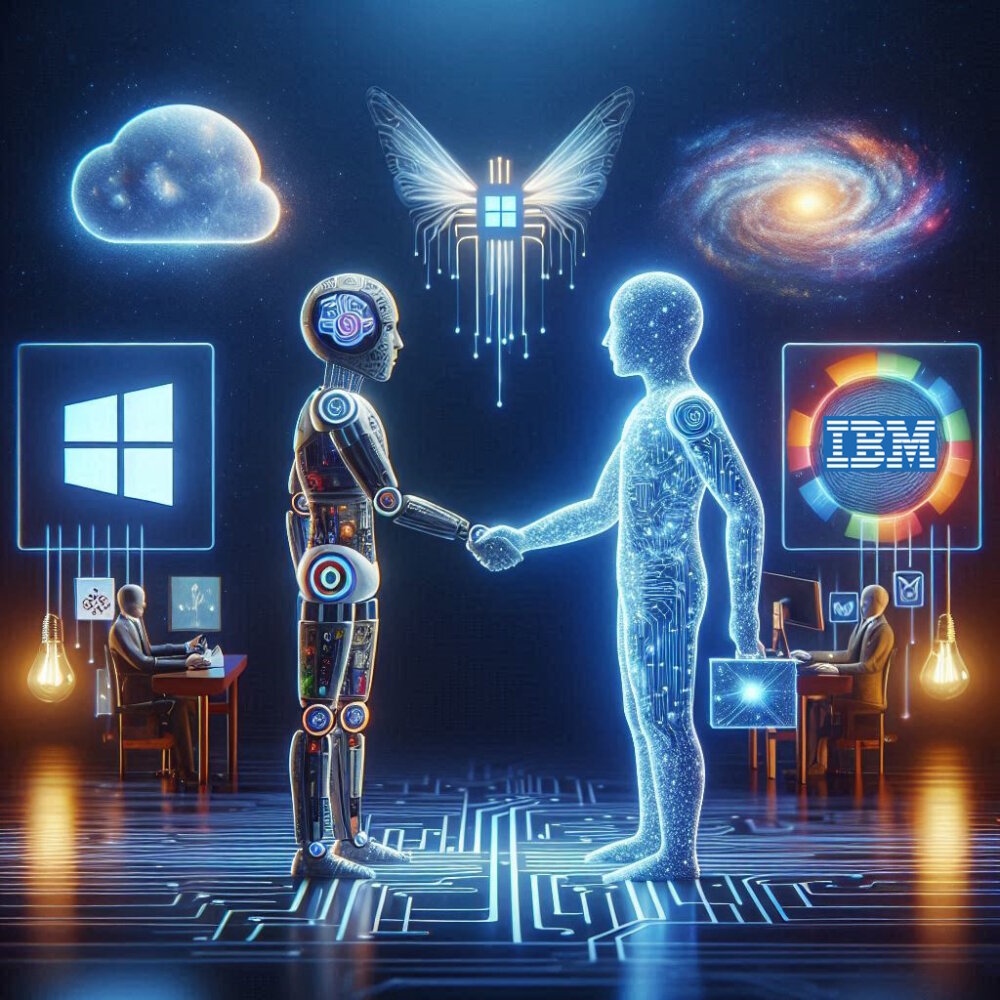
Ryan Austin, Cognota: “Rapid advancements in technology are reshaping industries, job roles, and the skills required for the workforce”
Some people are born with entrepreneurial spirit, and Ryan Austin definitely falls into that category. While his fellow course mates were struggling to hit essay deadlines at university, Ryan was launching his first business.

He hasn’t looked back. In 2015, Ryan set up Cognota, which he describes as “an operating system for corporate learning and development teams”. Like all the best businesses, Cognota was designed to solve a problem: producing high-quality training at scale.
And he got his first contract before the product was even built, when a Fortune 10 company came calling having read about the prospective launch.
So Ryan has already proved he can anticipate the needs of a global giant. In this article, we get to see just how good he is at anticipating the world’s needs over the next decade.
What was your first role in tech and what is your current role today?
My first role in tech was when I launched an e-commerce portal called Global Wholesale which allowed people to purchase vacations and all the necessities with it – clothing etc. The platform was launched from my dorm room at university after purchasing a travel agency franchise called TravelOnly.
What jobs do you think AI might replace?
First of all, repetitive or manual tasks. Then any jobs that involve repetitive or rule-based tasks, such as data entry, data analysis, basic customer support or assembly line work could be impacted by AI systems.
As well as data analysis and insights. AI algorithms can process and analyse large volumes of data, potentially affecting jobs in data analysis, market research and business intelligence.
What are the major factors influencing the future of work?
There are a few, but business transformation and technological advancements stand out. Rapid advancements in technology, particularly in areas like artificial intelligence, automation, remote working and digitalisation, are reshaping industries, job roles and the skills required for the workforce.
Adapting to these changes requires a proactive approach from individuals, organisations and policymakers to navigate the evolving landscape and ensure a sustainable and inclusive future of work.
Which tech skills will be in most demand over the next 12 months? And ten years?
I think AI and machine learning, cybersecurity and data science/analytics will be in the most demand given certain economic tailwinds happening across the world. I believe that these skills will still be meaningful in ten years as well.
What fields of work or industries do you think will accelerate because of technology?
Software development due to AI technologies. Many engineering teams are already using technology to help augment this work.
What is a recent example of technology disrupting work that you found interesting?
I may be biased, but software to streamline and automate learning operations. Without LearnOps software, corporate L&D teams are still using manual processes or disparate tools/systems. As technology continues to advance, if these learning teams don’t correct the challenges, it will be harder for them to perform at the speed required by the business.
More interviews on the Future of Work
Our thanks to Ryan for taking the time to share his thoughts on the future of work. For more predictions, read on:
- Colin Fraser, founder and Managing Director at Nevis Capital. “Professionals who can ‘supercharge’ themselves with AI tools will win big in our new world.”
- Sian Young, COO of SDG Assessment App: “The more personal data that is collected and stored by companies the higher the risk of privacy violations”
- Simon Long, CBRE Southeast Asia: “How do we create work environments and a culture that actively brings everyone together?”
- Clarence Ding, Simmons & Simmons: “A data scientist in Singapore is likely to face competition for their job not just from the local market, but from other very high-quality candidates in other countries”
- Christine Li, Knight Frank: “The effects of technology are likely to lead to a redefinition of jobs and skill shifts rather than apocalyptic workforce reductions”
If you have something to say about the future of work, please email us at [email protected].
NEXT UP

Alexey Kalachik, CEO & Co-Founder at Fively: “The potential for digitalisation within insurance is enormous”
We interview serial entrepreneur Alexey Kalachik, CEO & Co-Founder at Fively, on the future of fintech and what makes this space so exciting for startups.

IBM bolsters AI push with Microsoft Copilot launch
In a bid to boost its AI offering, IBM Consulting will enable enterprises to create and manage AI copilots – including Copilot for Microsoft 365

Andrew Kay, Director of Systems Engineering APJ at Illumio: “The most worrying development with ransomware is that it has evolved from simply stealing data to impacting IT availability”
Andrew Kay, Director of Systems Engineering APJ at Illumio, has 20 years’ experience helping organisations strengthen their cyber resilience. We interview him as part of our Threats series on cybersecurity.